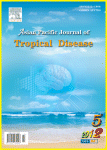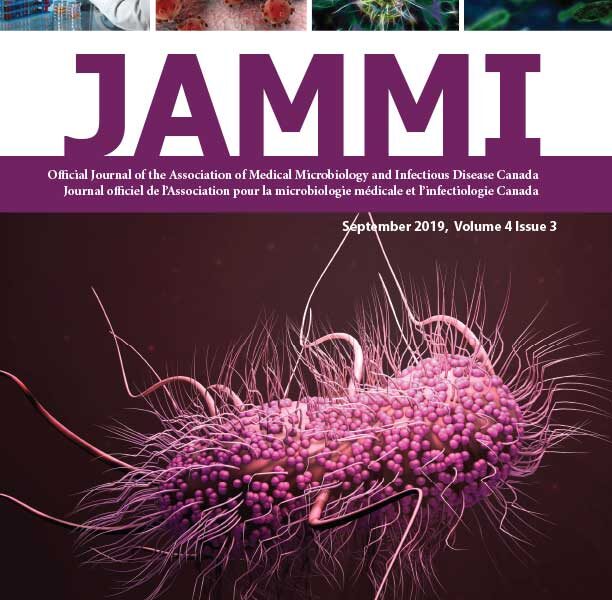 Authors: PV Tedom, R Kieft, AG McArthur, W Mbacham, D Mark Welch, SL Hajduk, VPK Titanji
Authors: PV Tedom, R Kieft, AG McArthur, W Mbacham, D Mark Welch, SL Hajduk, VPK Titanji
Asian Pacific Journal of Tropical Disease, 2012, 2(5): 342-347.
Objective: To understand the spread of drug resistance and identifying diagnostic probes among the local tuberculosis (TB) strains in order to design rational control tools for tuberculosis controls. Methods: TA cloning and sequencing were used to characterize mutation associated with RIF resistance in 69 bp region of the gene, rpoB. The analysis identified two regions of mutations but no unusual insertion and deletion. No mutation was observed in RIF sensitive strains. Results: We employed Random Amplified Polymorphic DNA (RAPD) analysis for typing strains of M. tuberculosis to determine whether new strains were present among M. tuberculosis isolates circulating in Yaounde. Three groups (I to III) of M. tuberculosis were identified among 93 isolates randomly selected. RAPD analysis provided a rapid and easy means of identifying polymorphism in M. tuberculosis isolates, and it was found to be a valuable alternative epidemiological tool. RAPD was used to select the new site of diagnostic by PCR. Also single nucleotide polymorphisms between M. tuberculosis and M. bovis were found, suggesting that RAPD can be a useful technique for distinguishing between species. Conclusions: Molecular typing is defined as the integration of conventional epidemiological approach to track specific strains of pathogens in order to understand the distribution of disease in populations.

